Description
Roy D. Steinberg – The Aging Brain: Alzheimer’s Disease & Other Dementias: 2-Day Comprehensive Training Course
- Faculty:
- Roy D. Steinberg
- Duration:
- 12 Hours 14 Minutes
- Format:
- Audio and Video
- Copyright:
- Feb 05, 2020
Description
Older adults with dementia and other mental health issues interact with a variety of professionals including nursing staff, psychologists, counselors, social workers, OTs, PTs, SLPs, home health aides, adult day center staff, and first responders. Still, many haven’t had extensive training on the complexities that make working with this population so challenging.
Without appropriate training, safety risks grow and opportunities to improve care and quality of life are missed.
This 2-day comprehensive recording is a must-have for anyone working with older adult patients facing Alzheimer’s Disease, other dementias, and mental health issues like anxiety and depression. You’ll discover how you can assess for and differentiate between different types of dementias, maximize daily functioning, better work with significant mental health issues like anxiety, depression and substance use in older patients, and safely and effectively intervene when difficult behaviors arise.
No matter your profession, you can’t afford to miss this chance to get the skills, tactics, and knowledge you need to provide the best care possible!
Handouts
| Manual – The Aging Brain (6.7 MB) | 102 Pages | Available after Purchase |
| Instructions for ASHA credit – Self-Study Only (64.4 KB) | Available after Purchase |
Outline
DAY ONE
Brain Topography, Function, and “Normal Aging”
- Temporal Lobe
- Frontal Lobe
- Parietal Lobe
- Occipital Lobe
- Impact of dementia on brain structure and functioning
- How we view the patient – compassion and sensitivity in your work
Cognitive Disorder and “Forgetfulness”
- ”Normal aging” and ageism
- Transient Cognitive Decline
- Pre-cursor to dementia
- Mild Neuro-Cognitive Disorder
Clearly Understand Diagnosis for Alzheimer’s Disease and Differentiate it from Other Dementias
- Alzheimer’s
- Vascular
- Parkinson’s
- Lewy Body
- Frontotemporal
- Potentially reversible conditions
- Wernicke-Korsakoff
Easy-to-Use Cognitive Assessment Tools
- Mini-Mental State Examination
- SLUMS
- Clinical applications
- Administration and scoring
- Objective and subjective interpretation
The Latest Medications and Preventative Treatments
- Current medications
- Early and Mid-stage Alzheimer’s
- Mid and Late-stage Alzheimer’s
- Preventative treatments
- Alternate interventions
DAY TWO
Mental Health Evaluation
- Depression
- Major Depression
- Persistent Depressive Disorder
- Adjustment Disorder
- Grief
- Anxiety
- Schizophrenia
- Bipolar Disorder
- Alcohol Abuse
- Differentiate dementia and depression
- Practical applications
Mental Health Interventions
- Therapy modalities
- Cognitive-Behavioral Therapy
- Music Therapy
- Art Therapy
- Pet Therapy
- Garden Therapy
Difficult Behaviors Related to Dementia: Triggers and Effective Intervention Techniques
- Goals and general concepts
- Individualizing care – strengths and limitations
- Depression
- Delusions and hallucinations
- Potential causes and complications
- Agitation/restlessness – triggers and care planning
- Activities of Daily Living – structure and engagement strategies
- Tactics for verbal and physical combativeness
- Elopement – reduce risks and action steps
- Adapting as the disease progresses
Sexual Intimacy in the Elderly
- Sexual manifestations and expression
- Dementia and marital sex
- Assessment tools for ability to consent
- Sexual expressiveness and interventions for dignity
Working with Caregivers: Family as Members of the Care Team
- The most common questions from family
- Family dynamics
- Normalizing change
- Anticipatory grief counseling
- Caregiver self-assessment scale
- Caregiver stress, depression and guilt – coping mechanisms
- Coping for the clinician
Ethics
- End of life issues
- Responsibility to patient
- Power of Attorney
- Caregiver stress, depression and guilt – coping mechanisms
- Documentation
Faculty

Roy D. Steinberg, Ph.D. Related seminars and products: 5
Owner
ROY D. STEINBERG, PhD, a gero-psychologist with over 22 years of experience, concentrates his work on diagnosing and facilitating treatment of individuals with Alzheimer’s disease and other forms of dementia. He has lectured nationally on the assessment and treatment of individuals with Alzheimer’s disease, and on increasing attention on caring for caregivers. Dr. Steinberg is the author of Forgetting the Memories: A Caregiver’s Journey Through Alzheimer’s Disease a guide for caregivers that draws upon his profound knowledge of the disease, its manifestations and treatment, and his great love and tenderness as the son of an Alzheimer’s patient.
Dr. Steinberg maintains a private practice devoted exclusively to serving older adults and their caregivers. He provides evaluation, consultation, and psychotherapeutic services to older adults in nursing homes, assisted living, and medical facilities. Dr. Steinberg provides outpatient consultation, educational, and counseling services to families and other caregivers of older adults to facilitate coping with the process of dementia.
Dr. Steinberg is licensed in New Jersey, Pennsylvania, New York, and California. He received his PhD from the California School of Professional Psychology at Berkeley. He has been featured in numerous media venues, including television, radio, and print.
Speaker Disclosures:
Financial: Roy Steinberg maintains a private practice. He is an author for AuthorHouse. He receives a speaking honorarium from PESI, Inc.
Non-Financial: Roy Steinberg has no relevant non-financial relationship to disclose.
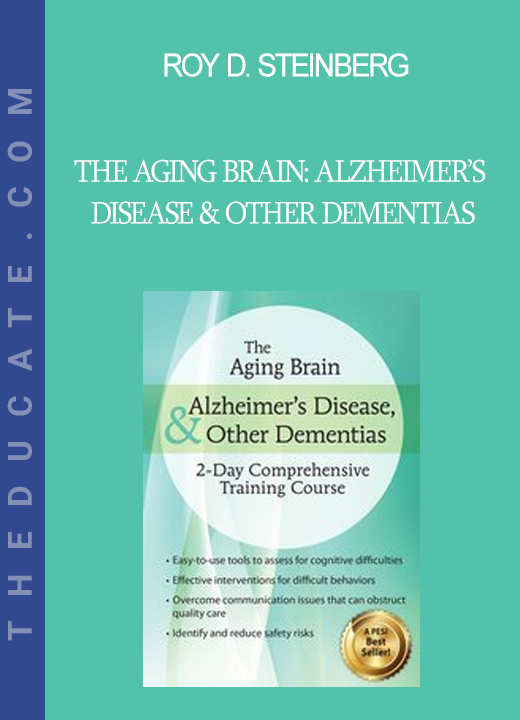
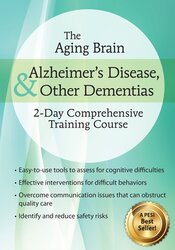

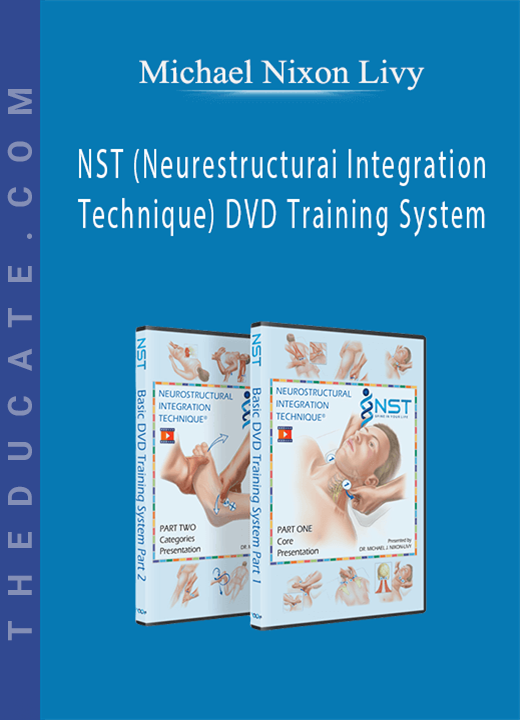
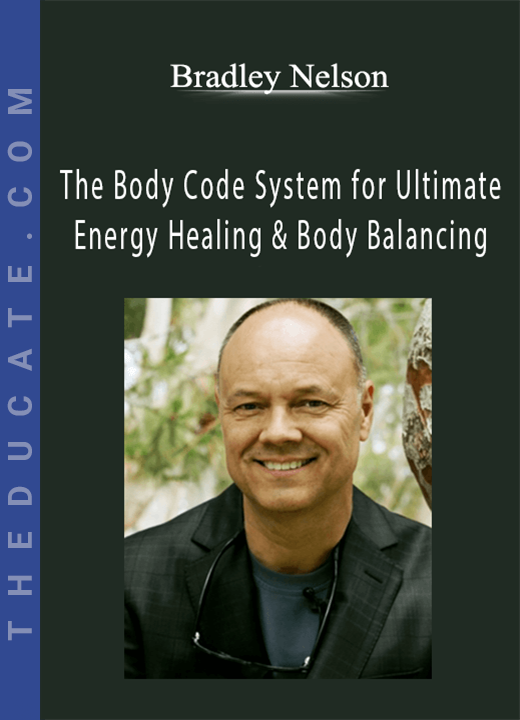
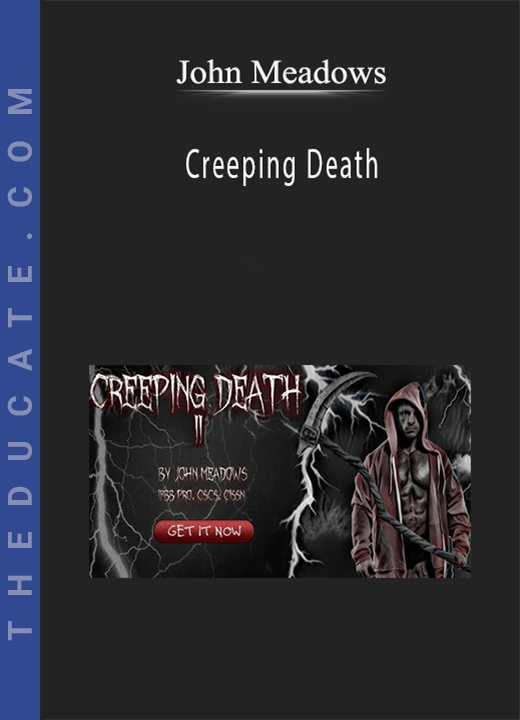
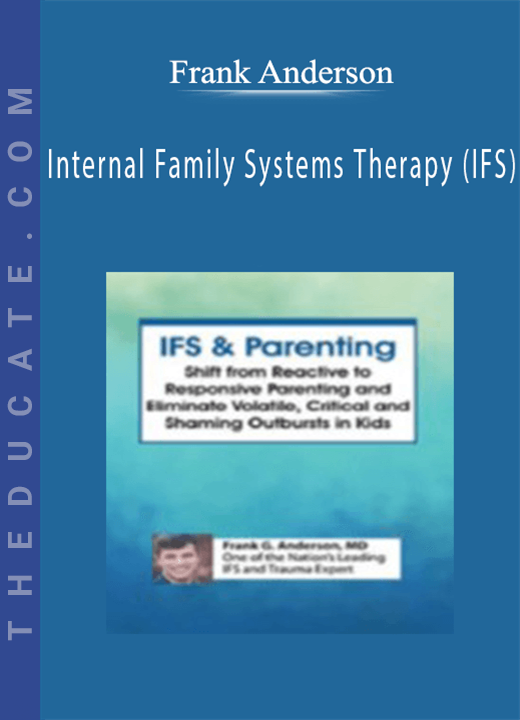
Reviews
There are no reviews yet.